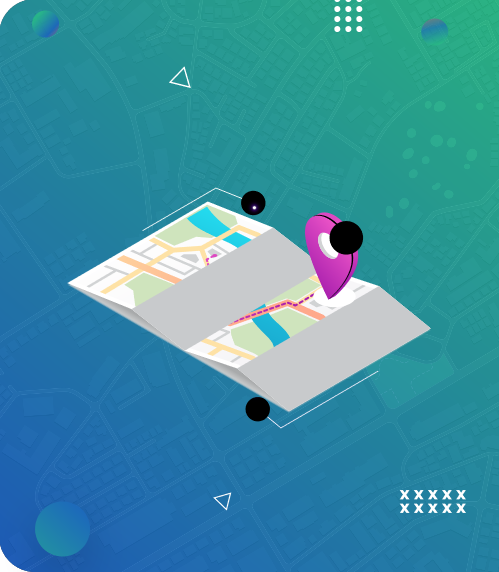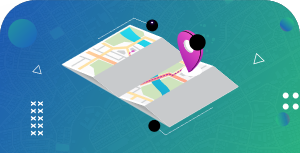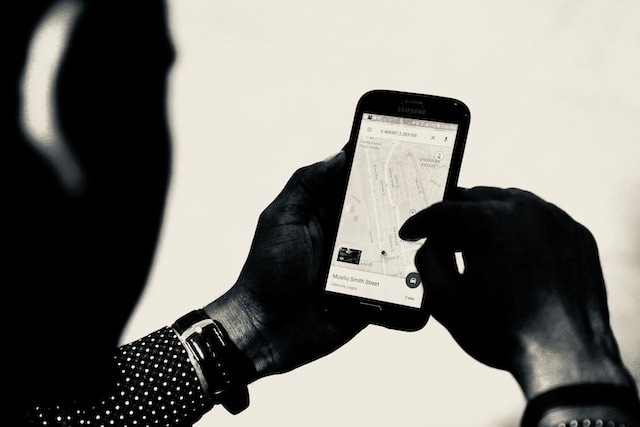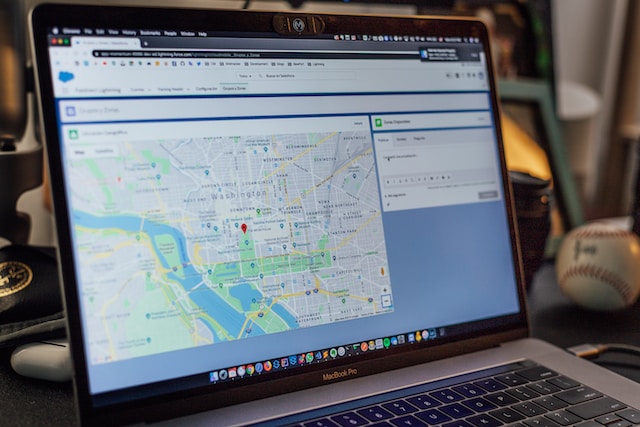As you surf the internet when shopping online or browsing for content, the search results usually tailor to your needs based on your location. It is similar to when you accept cookies on a website, and the content you surfed for becomes targeted ads. All these are possible with the aid of geolocation.
The internet uses geolocation to serve location-based content for your consumption. So, your understanding of how it works is beneficial as you utilize internet-enabled devices daily. While there are perks to using this location-based service, it is also important to discuss its downsides to stay informed.
This guide answers the question, “What is geolocation?” It discusses how it works, its intended applications, and its drawbacks.
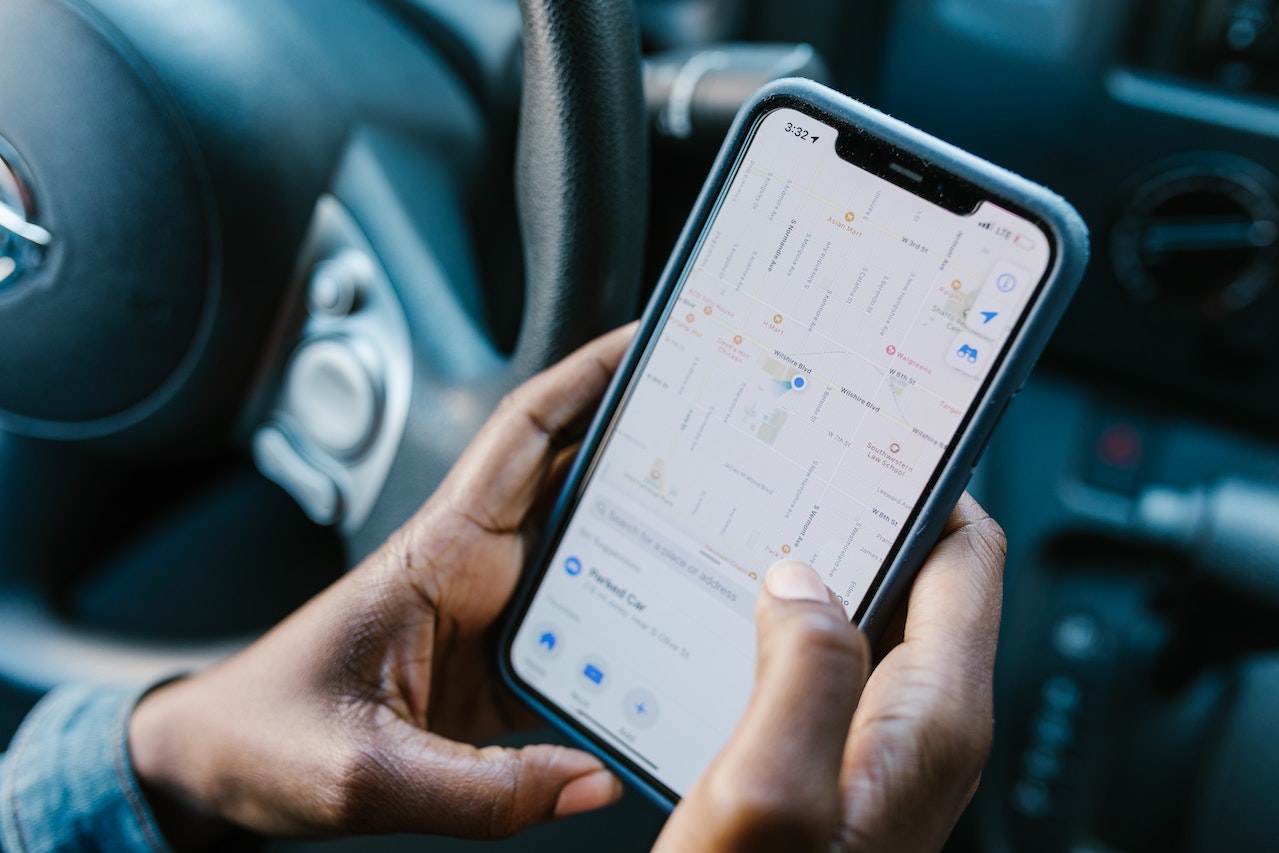
What Is Geolocation?
You may have heard about geolocation but haven’t asked what it entails. You may also try to input the query “what is geolocation?” in your search engine, and the answer you receive is not sufficient. Interestingly, it is easy to grasp.
Geolocation is the process of identifying the geographic location of a person or device using digital means such as GPS and Wi-Fi signals. Now that is a clear answer to “what is geolocation?” — is it not? You may confuse geolocation with knowing your precise location. However, this is not the case, as it tracks devices connected to the internet.
For instance, imagine you are going on a road trip. You pick up your mobile phone and search for a route using a navigation app. After checking out possible routes, you decide not to take your phone along for the trip.
Once you hit the road, the geolocation service will not track you. Instead, it will continuously track your internet-enabled mobile phone. In essence, it works with precision when connected to the internet.
When devices connect to the internet, they receive IP addresses based on geolocation. IP addresses are unique numerical identifiers that provide valuable information about an internet-enabled device.
How Does Geolocation Work?
It is not enough to know “what is geolocation?” Understanding the concept of “how does geolocation work” is equally important to harness its benefits.
There are four methods of identifying the precise location of a person or device. They include Global Position System (GPS), Wi-Fi positioning, cellular network positioning, and IP geolocation. Let’s examine them and consider how each works.
- Global Positioning System
Since man’s exploration into outer space, satellites have provided the necessary global positioning services. GPS is the most popular method of geolocation. It works effectively by triangulating the position of a device or person. This method is accurate and reliable as it can pinpoint a device’s location within a few meters. - Wi-Fi Positioning
Wi-Fi positioning works by utilizing the strength of Wi-Fi network signals to pinpoint a device’s location. By comparing varying strengths of Wi-Fi signals, you can determine the location of a device’s distance from each Wi-Fi network. Thus, by triangulating these distances, it is possible to determine the location of a device which a reasonable degree of accuracy. - Cellular Network Positioning
Cellular network positioning is similar to Wi-Fi positioning. However, it uses the strength of cellular signals from cell towers to determine a device’s approximate location. However, this method is less efficient and inaccurate than GPS or Wi-Fi positioning. Still, cellular network positioning is helpful, especially when other methods are unavailable. - IP Geolocation
IP geolocation works by using the IP address of a device to determine its location. It is a viable approach for geolocation since every internet-enabled device has a unique IP address. However, it is less accurate than other methods, as IP addresses are easily spoofed or changed using Virtual Private Networks (VPNs).
Overall, these methods are helpful as companies push their content and services directly to targeted consumers in a geographic region.
What Is Geolocation Used For?
Now you have the best understanding of “what is geolocation?” Taking a moment to consider how geolocation works will make you better appreciate this technology. It is practical in a wide range of applications across different industries. Now you may be asking, “what is geolocation used for?” Let’s consider a few areas.
One major area is navigation and mapping applications. They rely on location data to provide their users with accurate directions and information regarding nearby points of interest.
Typical examples of these navigation applications are Waze, Google Maps, and Apple Maps. These applications use geolocation to provide real-time traffic updates and voice-assisted directions at every turn.
Geolocation is also essential in the advertising sector, which tracks the location of smartphones to streamline contents to certain geographic areas. Thus, these advertising companies can engage users directly and receive feedback on how they can improve.
In the health sector, it helps enhance emergency response services. Using geolocation can help provide accurate location information to first responders to help rescue victims in an accident or a disaster.
Indeed, geolocation is a powerful tool used in different sectors and applications. From navigation and advertising to public safety, it plays a vital role in spearheading innovative and impactful technology in the future.
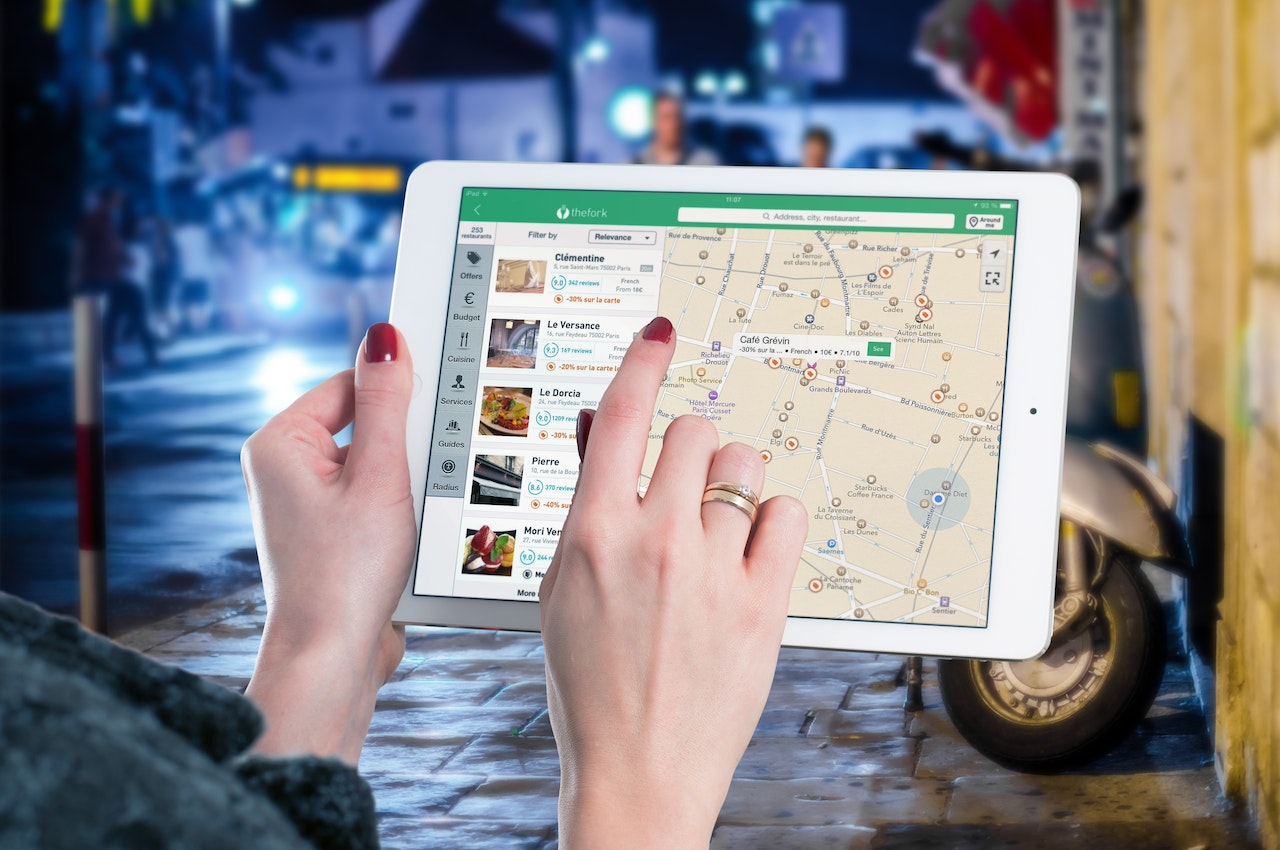
What Is Geolocation Tracking?
Understanding “what is geolocation” involves knowing different technological methods to determine a person’s or device’s location accurately.
Similarly, “what is geolocation tracking” implies continuous monitoring of a person using a mobile device over time. This technology has become popular recently, thanks to the rise of high-end smartphones and the internet of things (IoT).
One main objective of this technology is to improve the accuracy of location-based services. These services collect and utilize data about a user’s location to provide personalized content that is relevant and specific to their current location.
Many modern navigation apps like Google Maps, Waze, and Apple Maps utilize geo-tracking. This technology tracks users’ location and provides efficient routes to their destination. Also, a weather map will utilize this technology to provide local weather reports regularly.
3 Applications of Geolocation Tracking
In response to the question, “what is geolocation?” the use of geo-tracking technology is advantageous in many fields. Many sectors use this technology to push more content to their respective users. Let’s consider some prominent areas that utilize this cutting-edge innovation.
- Marketing Services
The marketing field usually employs geo-tracking in promoting its products and services. Marketers can target promotions and advertisements to specific geographic areas. This will allow them to deliver more relevant content, thus boosting engagement rates and conversions. - Security
Geo-tracking is applicable in law enforcement agencies to track and monitor the location of criminals. It also helps these agencies to track potential threats ahead of time in order to avert potential crises. Another practical application of this technology involves a suspect on the run who has proved difficult to catch. - Scientific Research
Without any doubt, geo-tracking is also outstanding in scientific research. For example, researchers utilize geolocation data to study the animals’ movement patterns and track viral disease spread. They can also gain insights into phenomena that would be difficult to study using other scientific methods.
What Is Geolocation?: 3 Dangers Involved
Apparently, geo-tracking is a powerful tool that serves a variety of purposes. However, understanding “what is geolocation” and how it applies in the modern world poses significant dangers to our privacy, well-being, and security. Let’s discuss three dangers it can pose to users.
- Compromise of Personal Privacy
Many argue that knowing “what is geolocation” and its widespread use can violate an individual’s privacy rights. A malicious actor can use geo data to track an individual’s movements, routines, and habits.
They can utilize this data in building the user’s profile, habits, and interests, which can lead to identity theft, stalking, and targeted advertising. - Increase in Cybercrime Activities
Attackers can use geo data to facilitate cybercrime. They do so by identifying vulnerable targets like individuals traveling, visiting unfamiliar locations, or are in a compromised state of mind. Hackers and malicious actors can utilize this information to launch phishing scams and malware on such users.
Also, attackers can use these data to access sensitive information such as personal records, financial data, or trade secrets. Finally, these data can fall into the hands of foreign governments. They can track and target high-level government officials and blackmail them into leaking sensitive information. - Negative Social Behavior and Digital Divide
Geolocation can negatively affect users’ mental health due to constant exposure to location-based services and social media. It can also create a digital divide via unequal access to location-based services and content. Many streaming platforms and e-commerce sites offer different content and pricing based on a user’s geographic location.
Conclusion: Get the Right Map With Essential Geolocation Features With Mapize
Look at that! You now have a satisfying answer to the question, “what is geolocation?” Indeed, you have an improved understanding of geolocation, its functions, and applications. While it offers several benefits across several industries and applications, it is essential to be cautious as you surf the internet.
If you are a business owner looking to streamline your content to your audience without any privacy concerns, you should check out Mapize. Mapize is an industry-leading map developer offering several map styles and sizes, providing the necessary geolocation IPs.
With its top-notch software, you can create custom maps without coding experience. There are numerous features to enjoy on this mapping platform, so take a massive leap in your business as you create your first map with Mapize.

